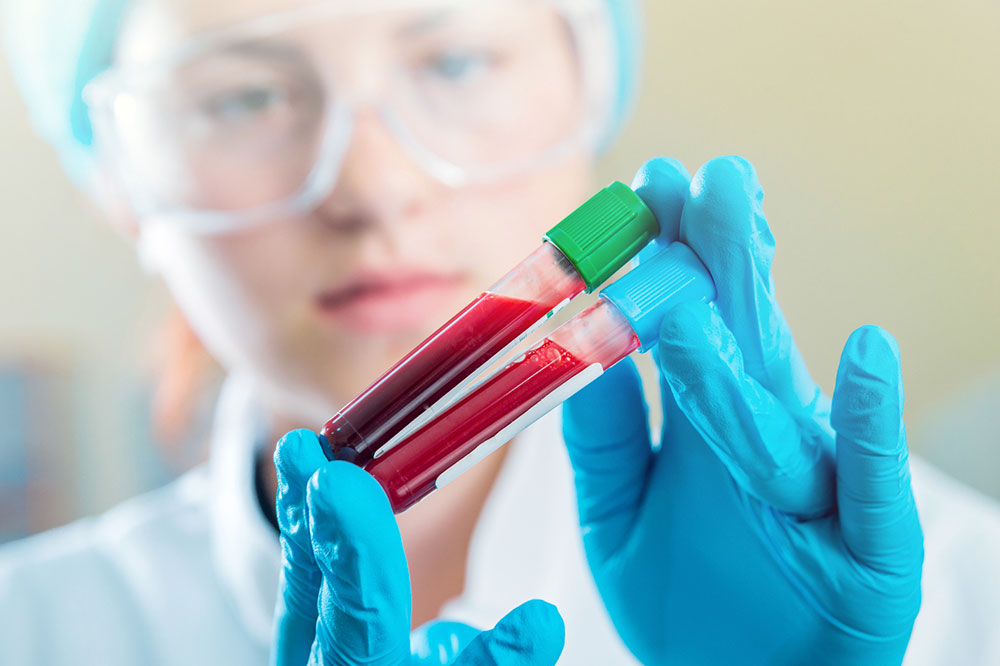A comprehensive guide to blood disorders
Conditions that affect the normal functionality of blood are referred to as blood disorders. They impact one or several parts of the blood flow and interfere with the normal correct functioning of blood. There are various types of blood disorders and the symptoms of the condition depend on the type of blood disorder a person suffers from. In mostly all types of blood disorders, there is a reduction in the number of cells, nutrients found in the blood, or platelets.
Many blood disorders that get their name from the component or part of blood that they affect.

- Anemia
- Thrombocytopenia
- Leukopenia
Various types of blood disorders give a spike in the blood components, they include
- Erythrocytosis
- Leukocytosis
- Thrombocythemia
Common signs and symptoms
There are various symptoms caused by blood disorders affecting any part of the body. In most blood disorders, the condition causes a reduction in the blood components. For example,
- When there is a decrease in the red blood cells, it can lead to anemia symptoms which can include tiredness, weakness in the body, and breathlessness.
- When there is a decrease in the white blood cell count or immune system proteins, the symptoms include infections and fever that keeps reoccurring.
- When there is a decrease in the platelet count in the body, it can cause unexplained bruising and bleeding.
In some cases, symptoms can be related to increased blood components, such as
- Increase in red blood cells that can make the blood thick and hence, can lead to headaches and some redness in the complexion
- When there is an increase in the immune system proteins, it can also lead to thickening of the blood
- When the platelets increase, it can cause blood clotting at an extreme level
Several signs indicate blood disorders more clearly, like
- Clotting abnormalities
This usually occurs in a leg and can cause redness and swelling in the leg. It can also cause breathing problems - Petechiae
This is a skin rash which is red in color and it is caused when the platelets are low in number - Swelling of the lymph nodes
This is caused when a person suffers from cancer of the white blood cells - Pale skin or pallor
This is usually seen in anemia patients - Urge to eat dirt, clay, or ice
This condition is commonly known as Pica. It occurs when there is a deficiency of iron in the body.
Top causes and risk factors
Blood disorders can be genetic or acquired. In some cases, blood disorders can be a result of an infection, a side effect of a medication, exposure to toxins, or insufficient quantities of a specific nutrient in the diet such as iron and vitamin B12.
Several factors increase the risk of blood disorders in a person. Among these, genetics are the most common. If blood disorders run in the family, a person is a greater risk of suffering from the condition. Some other risks include
- Old age
- Diseases related to liver and kidneys
- The diet which is low in nutritional value
- Toxic exposures to drugs and other chemicals
- Pregnancy
- Trauma or a surgery



